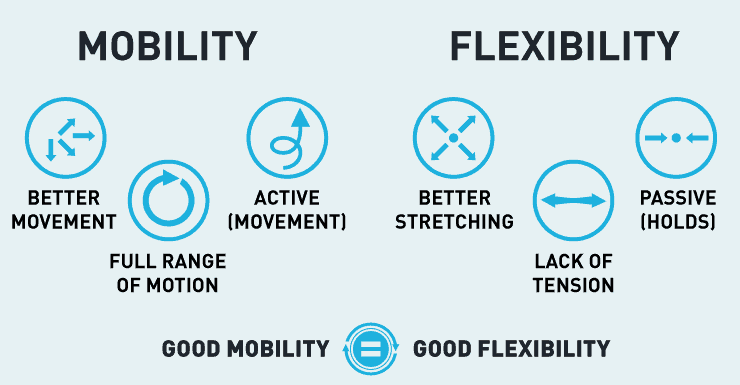Functional Range Conditioning (FRC)

Functional Range Conditioning is a mode of training that focuses on the joints and their mobility. It was developed by Canadian physician Dr. Andreo Spina based on scientific principles and has since been applied in many sports, fitness, and rehabilitation facilities worldwide. FRC is typically adopted alongside Dr. Spina’s other creation, Functional Range Release (FRR), a soft tissue management system, and Kinstretch, a unique stretching method.
Functional Range Conditioning 101: What Is FRC?
The goal of FRC is to widen the ranges of motion that the human body can accommodate. It does so by systematically manipulating certain vital areas while also training the nervous system to recognize and control these new changes. The better the range of mobility, the better one’s flexibility will be.
What’s the difference between flexibility and mobility? Flexibility is the body’s ability to passively achieve an extended range of motion or without so much effort. Meanwhile, mobility is the body’s ability to control such movements. The latter represents the core of what Functional Range Conditioning strives to address.
A person’s joint capacities tend to decline for many reasons (e.g. age and sedentary lifestyle). As our capacity to generate force on our joints declines, the lower our ability to handle our ranges of motion becomes. Over time, certain short and long ranges will be limited, eventually rendering them useless when it comes to function. In addition, the longer these dwindling ranges of motion stay un- or under-utilized, the tissues eventually stop developing, and the area becomes more prone to injury.
Where does Functional Range Conditioning fit into the picture? FRC’s job is to help revive and improve one’s flexibility and mobility so that the body becomes optimally functional again. This is performed through joint and articular mobility exercises, strength and endurance training, and neuro control. FRC help stimulate the development of soft tissues, so they again become active and usable.
Advantages of Functional Range Conditioning
There are many benefits to Functional Range Conditioning, and you can maximize all such advantages if they are performed by a certified and experienced FRC specialist. Some of these benefits include:
Joint Strengthening
Functional Range Conditioning targets the different connective tissues of the body through progressive loading, which results in adaptation and resilience. Modalities are applied in various areas, including the ligaments, bones, fascia, tendons, vessels, and capsules. They also affect 80% of the nerves.
Improved Flexibility & Mobility
Aside from teaching the body to recognize and control the newly-introduced ranges of motion, what FRC aims to achieve is to develop strength, power, and coordination in such areas.
Prevention, Rehabilitation, & Performance Enhancement
Functional Range Conditioning’s versatile nature makes its application suitable to many athletic and rehabilitative exercises and treatments. The results create greater ranges of motion which later become vital to enhancing one’s agility. And when a person is agile, they can more effectively function in all life and sporting activities.
Articular Joint Longevity & Overall Health
Many doctors and fitness clinics use Functional Range Conditioning for clients of all ages to optimize joint health, strengthen movement, and even slow down natural degeneration. One of the components of FRC, called Controlled Articular Rotations (CARs), was developed with this specific goal.
FRC in Active Routines
Functional Range Conditioning is a versatile and highly safe method that can improve your mobility and flexibility. As always, before trying this exercise, consult a licensed healthcare professional who is experienced in FRC to find out whether this method is suitable for you and if it will help you achieve your fitness targets. Push Pounds Sports Medicine has an expert team of chiropractors and physiotherapists equipped with the knowledge and experience to incorporate FRC into your treatment program.
You can read up more about FRC on this page. If you have questions about Functional Range Conditioning or want to book a consultation, get in touch with us at 416-722-393.

